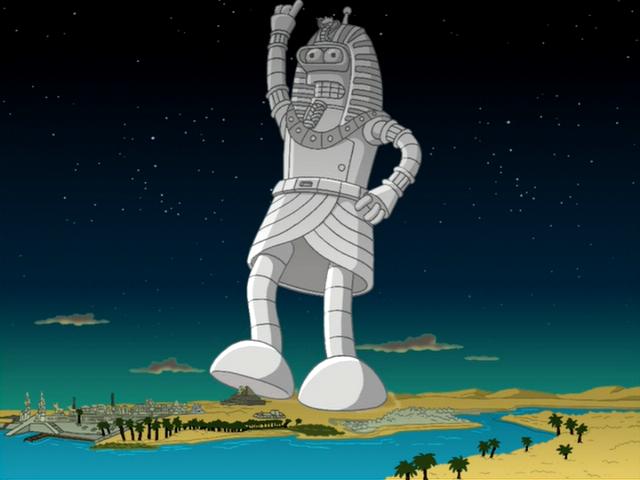The Politics of The Daily Commute
Hey gang: This is a little essay that appeared in my local newspaper a few years ago. I wrote a number of these for the fun of it back in the day, so I thought I’d just repost a few.
Whenever friends visit me here in the Northeast United States, they usually treat public transportation as some sort of bizarre tourist attraction. While there are certainly other areas of the country that have well-developed public transit systems, few have achieved the penetration, saturation, and necessity that is the New York City area. While my hick visitors treat buses and subways like some sort of crazy ride devised to entertain them (“Look! Real graffiti! Ooh—do you think that guy has a gun?”) you and I regard them as absolute necessities. Most of us ride the bus and PATH trains every week, if not every day. Some of us, in a shocking situation people from, say, Texas will simply never be able to comprehend, don’t even have cars.
So, while visitors from places where you have to drive an hour just to pick up a pizza can act like riding the D train to Yankee Stadium is some sort of an amusement park ride, for me, public transit is how I get around, period. The trains of this area are my legs. Buses, too, of course. Which is unfortunate, since so many bus drivers are obviously insane.
The subways and the PATH train aren’t so bad, since the people operating them—if indeed there are people, since there are a lot of robot trains operating in Manhattan these days—are usually hidden away from public view, only rarely snuffling out of their little control rooms like the Phantom of the Opera, and sticking to the shadows. You can ride the PATH train for days on end and have almost no human contact at all, unless you count being jowl-to-cheek with complete strangers with questionable-at-best bathing habits—which I do not.
The buses, however, are driven by real live people, and most of them are crazy. You’re completely reliant on them to even get on the bus—who hasn’t stood there in the pouring rain as a devilish bus driver speeds past your stop, bus apparently empty, for no known reason? Or run a block and a half screaming for the bus only to have it pull away when you’re within feet of the front door, the driver gleefully ignoring your screams, your irate pounding, and even the shouts of protest from luckier commuters already on-board? Oh, the bus drivers are evil, that’s for sure. That would be bad enough—that would simply require guerrilla warfare, which I am prepared to wage for the right reasons. Or, to be totally honest, for no reason at all. The salt in the wounds is that if you do manage to gain admittance to a bus, going, say, from tenth and Washington in Hoboken to the PATH station, you have a good chance of being driven there by someone who has given up the struggle for coherency.
There is, for example, one jolly fellow who will offer the entire bus a running commentary about his opinions and impressions of Hoboken and the people who live there, as compared to his beloved Queens. Queens, apparently, is a paradise of bus drivers who know how to drive and citizens who know enough to fear the bus drivers. He complains that people cross the street in front of his bus and that traffic is terrible and that people don’t know how to drive—the monologue tends to repeat a bit at this point. I’m never sure who, exactly, he is talking to. I suppose someone could politely ask him to shut up, or at least to stop insulting us, but personally I’d be afraid to find out what kind of reaction that would elicit. I’m too young to die.
At least that guy speaks. I firmly believe in obeying the Rules of Polite Society, which form the basis for any civilized discourse, and one of those rules is that you don’t treat people performing paid services for you like they’re invisible. So I usually greet the driver when I get on the bus and I generally wish them a good day/night when I get off. Most of them at least grunt in my general direction, but there are a couple of zombie-like drivers who say nothing, and generally don’t even look at you. These cheerful souls are more than just rude: They’re disturbing. I have to wonder what kind of marvelous interior world they see as they drive their route with mechanical, memorized efficiency. It’s easy to imagine that there are no other people in this interior world, and that someday they might decide to take a bold step towards making that paradise reality. Whenever I get one of these unfriendly drivers I pick a seat near the emergency exit, just in case my evening ends with a thrilling escape from a burning bus.
The lessons are clear: You must always be ready to be in the power of an insane person, and prepared to fight them in hand-to-hand combat just to get home from work. Why would anyone live anywhere else?


